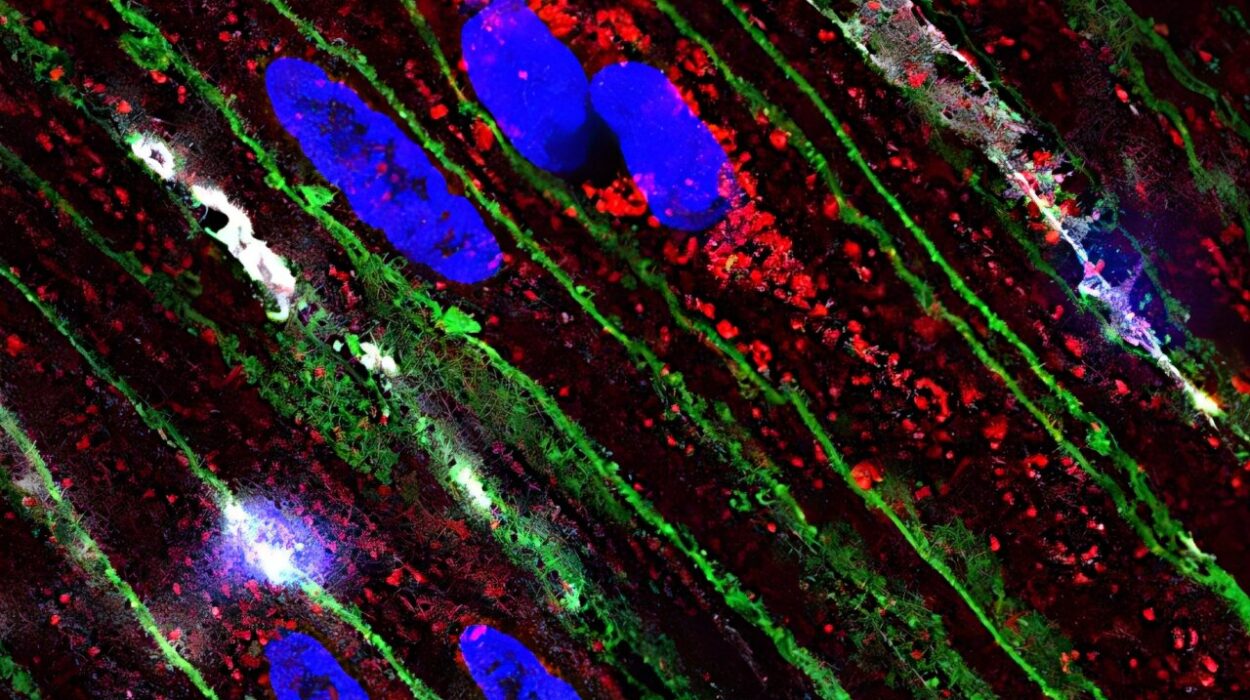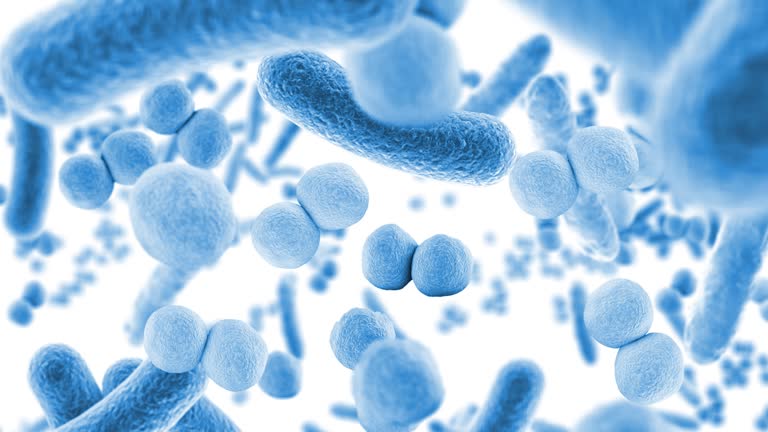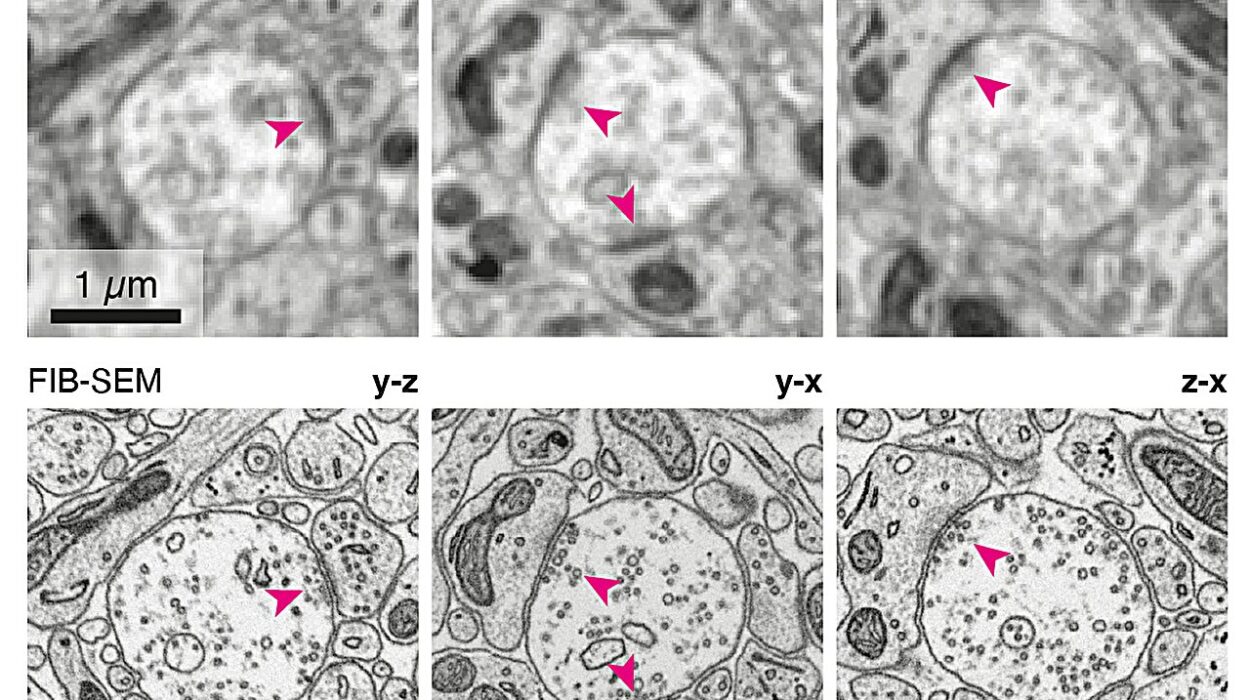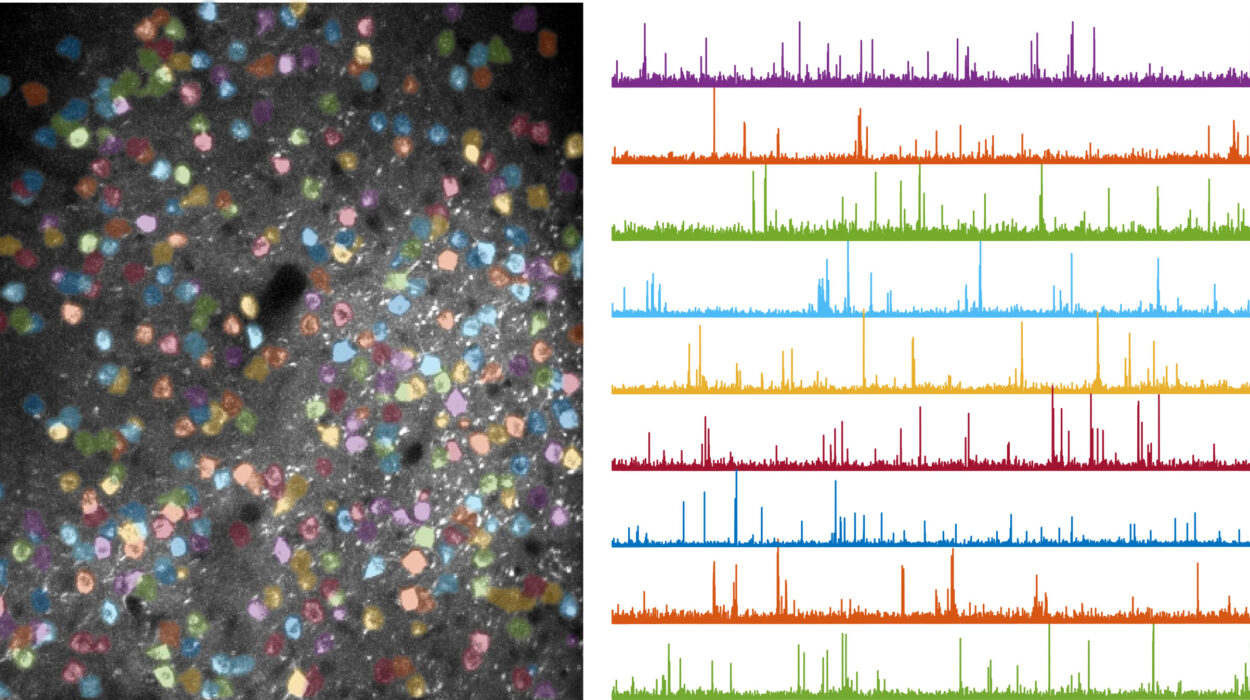Close your eyes and think about your favorite comfort food. Maybe it’s a warm bowl of chicken soup, a crunchy apple, or a rich piece of dark chocolate melting on your tongue. What emotions does it bring? Comfort, nostalgia, joy, calm? Food is powerful—not just in its ability to nourish the body but in the profound ways it shapes the mind.
We’ve all heard the phrase “you are what you eat,” but when it comes to mental health, this statement takes on an even deeper meaning. Our brains, like every other organ, are built from the nutrients we consume. Every neurotransmitter, every synapse firing, every moment of calm or stormy emotion is influenced by what’s on our plate.
For years, mental health has been approached mostly through therapy and medication—both essential tools—but science is now beginning to uncover what ancient traditions have long understood: food is medicine. The field of nutritional psychiatry is booming, and researchers are finding that the link between nutrition and mental health is not just a theory, but a powerful reality.
Let’s journey deep into this connection and explore how the nutrients you eat—or don’t eat—can influence your thoughts, moods, and overall mental well-being. The answers may not just change how you eat—they may change how you feel, think, and even who you become.
The Gut-Brain Connection: Your Second Brain
There’s a universe inside you, and it lives in your gut. No, not metaphorically—scientifically. Your digestive tract is home to trillions of microorganisms, known collectively as the gut microbiome. These microscopic allies digest your food, produce vitamins, fight off invaders, and—here’s the fascinating part—communicate directly with your brain.
This communication happens through a complex network called the gut-brain axis. It’s like a high-speed fiber-optic cable running between your belly and your brain. What you eat changes your microbiome, which in turn can influence the production of neurotransmitters like serotonin, dopamine, and gamma-aminobutyric acid (GABA), all of which are crucial to mental health.
In fact, around 90% of serotonin—the feel-good chemical most commonly associated with happiness and emotional stability—is produced in the gut. If your gut is out of balance due to poor diet, stress, or antibiotics, your serotonin levels can suffer, leading to symptoms of depression, anxiety, or irritability.
So, in a very real sense, your gut is your second brain. Treat it well, and your mind will thank you.
The Role of Nutrients in Brain Chemistry
Let’s dive into some of the key nutrients that your brain depends on to function optimally. These are the unsung heroes of mental wellness, quietly powering your ability to think clearly, stay focused, and feel emotionally balanced.
Omega-3 fatty acids are among the most powerful brain nutrients. Found in fatty fish like salmon, sardines, and mackerel—as well as in flaxseeds and walnuts—these fats are integral to the structure of brain cells. Low levels of omega-3s have been linked to depression, anxiety, and cognitive decline.
B-vitamins—particularly B6, B9 (folate), and B12—are vital for the synthesis of neurotransmitters. Deficiencies in these vitamins are frequently found in people suffering from mood disorders. They help convert amino acids into dopamine and serotonin, literally manufacturing happiness on a biochemical level.
Magnesium is another superstar mineral often missing from modern diets. It plays a role in over 300 biochemical reactions in the body, many of which affect the nervous system. Low magnesium levels are associated with anxiety, fatigue, and insomnia.
Zinc is essential for neuroplasticity—the brain’s ability to adapt, grow, and change. It also helps regulate the stress response system. Foods rich in zinc include pumpkin seeds, beef, lentils, and chickpeas.
Iron is crucial for oxygen transport in the brain. Iron deficiency, particularly in women, is often accompanied by symptoms of fatigue, poor concentration, and depression.
Protein provides the amino acids necessary to produce neurotransmitters. Tryptophan, for example, is an amino acid found in turkey, eggs, and dairy that’s converted into serotonin in the brain.
These nutrients don’t act in isolation. They interact synergistically, and when your diet is lacking in any one of them, the whole mental health orchestra can fall out of tune.
Sugar, Junk Food, and the Mental Health Crash
It’s no secret that our modern diets are flooded with processed, sugary, and artificial foods. Fast food chains, colorful snacks, and sugar-loaded beverages dominate supermarket shelves. But the price we pay for convenience and taste often shows up in our mood and mental stability.
High-sugar diets cause rapid spikes and crashes in blood sugar levels. These fluctuations can lead to symptoms that mimic anxiety and panic attacks: irritability, restlessness, fatigue, and brain fog. Long-term, these crashes may contribute to chronic stress on the brain.
Excess sugar also promotes inflammation—a silent but powerful contributor to mental illness. Chronic inflammation in the body has been strongly linked to depression, with inflammatory cytokines found to alter neurotransmitter metabolism, reduce neuroplasticity, and disrupt the hypothalamic-pituitary-adrenal (HPA) axis responsible for stress regulation.
Processed foods, high in trans fats, preservatives, and artificial colors, have also been associated with increased rates of ADHD in children, depression in adults, and a general decline in cognitive performance.
When you consistently feed your body with junk, your brain gets junk signals. And it responds accordingly—with low mood, poor focus, and emotional instability.
Eating for Emotional Resilience
So, what should you eat if you want to protect and enhance your mental health?
The Mediterranean diet is often held up as the gold standard. Rich in vegetables, fruits, whole grains, nuts, seeds, olive oil, fish, and moderate amounts of dairy and wine, this diet has been associated with lower rates of depression and cognitive decline.
The DASH diet (Dietary Approaches to Stop Hypertension) and MIND diet (a blend of Mediterranean and DASH designed specifically for brain health) have also shown positive results in clinical studies, especially in preventing Alzheimer’s and supporting cognitive function.
But beyond any one diet, the most important shift is towards whole, unprocessed foods. Choose real food that grew from the earth, swam in the sea, or walked on the land. Cook more meals at home. Know what goes into your food. When you nourish your body with intention, you nourish your mind with resilience.
Eating for mental health also means regularity. Skipping meals or extreme dieting can send your blood sugar and mood into a tailspin. Balanced meals—containing protein, healthy fats, and complex carbohydrates—help stabilize mood throughout the day.
The Mood-Food Cycle: Breaking Emotional Eating Habits
Let’s talk about emotional eating—the practice of using food to cope with feelings. Everyone does it sometimes. A breakup might call for a pint of ice cream. A stressful workday may end with chips or a fast-food splurge. But when this becomes a pattern, it can sabotage both physical and mental health.
Food temporarily soothes, but it doesn’t solve. After the comfort fades, guilt, shame, and regret often follow. This creates a vicious cycle—negative emotion triggers eating, which leads to more negative emotion, which triggers more eating.
The key to breaking this cycle lies in awareness. Before reaching for food, pause and ask: “Am I truly hungry—or am I bored, sad, anxious, or angry?” If the answer is emotional, consider alternative coping strategies: take a walk, call a friend, write in a journal, or simply sit with the emotion.
Mindful eating can also help. Slow down. Chew your food thoroughly. Pay attention to flavors, textures, and how your body feels as you eat. This not only improves digestion but also reconnects you to the pleasure of nourishment without guilt.
Mental Health Across the Lifespan: Nutritional Needs by Age
Mental health needs shift as we age—and so do our nutritional requirements.
In childhood and adolescence, the brain is still developing. Diets rich in omega-3s, protein, iron, and B-vitamins are essential for focus, learning, and emotional regulation. Sugar and artificial additives can negatively affect behavior and attention.
In adulthood, the focus shifts toward maintaining mood stability, cognitive sharpness, and stress resilience. A balanced diet, combined with regular exercise and sleep, becomes the cornerstone of mental wellness.
In older adults, mental health is often challenged by cognitive decline, loneliness, and physical illness. Nutritional deficiencies (especially in B12, D, and omega-3s) are common and can mimic or exacerbate symptoms of depression and dementia.
No matter the age, nutrition remains a foundational tool for mental health.
Supplements and Superfoods: Do They Work?
In an ideal world, we’d get all our nutrients from food. But life isn’t always ideal. Soil depletion, processed diets, restricted eating, or specific health conditions can leave gaps. In such cases, supplements may help—but they should never replace a healthy diet.
Omega-3 supplements (especially EPA and DHA) are widely recommended for mood disorders and cognitive function. A daily multivitamin can cover basic needs, but targeted supplements like magnesium glycinate, vitamin D3, or a B-complex may offer additional benefits.
Superfoods like turmeric (with curcumin), matcha, chia seeds, and blueberries are nutrient-dense and antioxidant-rich, offering brain-boosting potential. Fermented foods like kimchi, kefir, and sauerkraut can support the gut microbiome, enhancing the gut-brain connection.
Always consult a healthcare provider before starting supplements—especially if you’re on medication or managing mental health conditions.
Culture, Community, and the Psychology of Eating
Food isn’t just biology—it’s also psychology, culture, and memory. The meals we eat connect us to our families, our ancestors, and our identity. A grandmother’s recipe, a festival dish, a childhood snack—all of these shape how we relate to food and, by extension, to ourselves.
Healthy eating doesn’t mean abandoning tradition. In fact, cultural diets—like Japanese, Mediterranean, or traditional South Asian cuisine—are often healthier than modern Westernized patterns. These meals emphasize fresh ingredients, variety, and social connection.
Eating together, cooking with loved ones, sharing meals—these rituals are as important to mental health as the nutrients themselves. They create joy, belonging, and meaning. So when you think about nutrition, don’t just think about nutrients. Think about the whole experience of food.
Future of Mental Health: Nutritional Psychiatry
The field of nutritional psychiatry is revolutionizing mental health care. Clinics and practitioners are beginning to integrate dietary assessments into mental health treatment. Universities are conducting trials on anti-inflammatory diets for depression. And therapists are asking their clients not just how they feel, but what they eat.
The future is holistic. As science continues to unveil the connections between the brain, the gut, and the food we eat, it’s becoming clear: healing the mind may start with healing the body—and vice versa.
We’re entering an era where mental health care includes kale and kimchi alongside counseling and medication. And that’s a good thing.
Conclusion: Eat Well, Feel Well, Live Well
You don’t need to become a nutritionist to take control of your mental health through food. You just need to listen—to your body, to your mood, to your plate.
Small changes can lead to big shifts. Add an extra serving of greens. Swap soda for water. Choose whole grains over processed ones. Sprinkle seeds on your breakfast. Cook more meals from scratch. Eat mindfully, with love and gratitude.
Food isn’t a cure-all, but it’s a foundation. It’s a daily opportunity to care for your mind by caring for your body. The next time you sit down to eat, remember: you’re not just feeding your hunger—you’re feeding your thoughts, your feelings, your life.
Mental health begins with what’s on your fork. So nourish wisely. Because every bite is a chance to build a brighter, calmer, stronger you.






